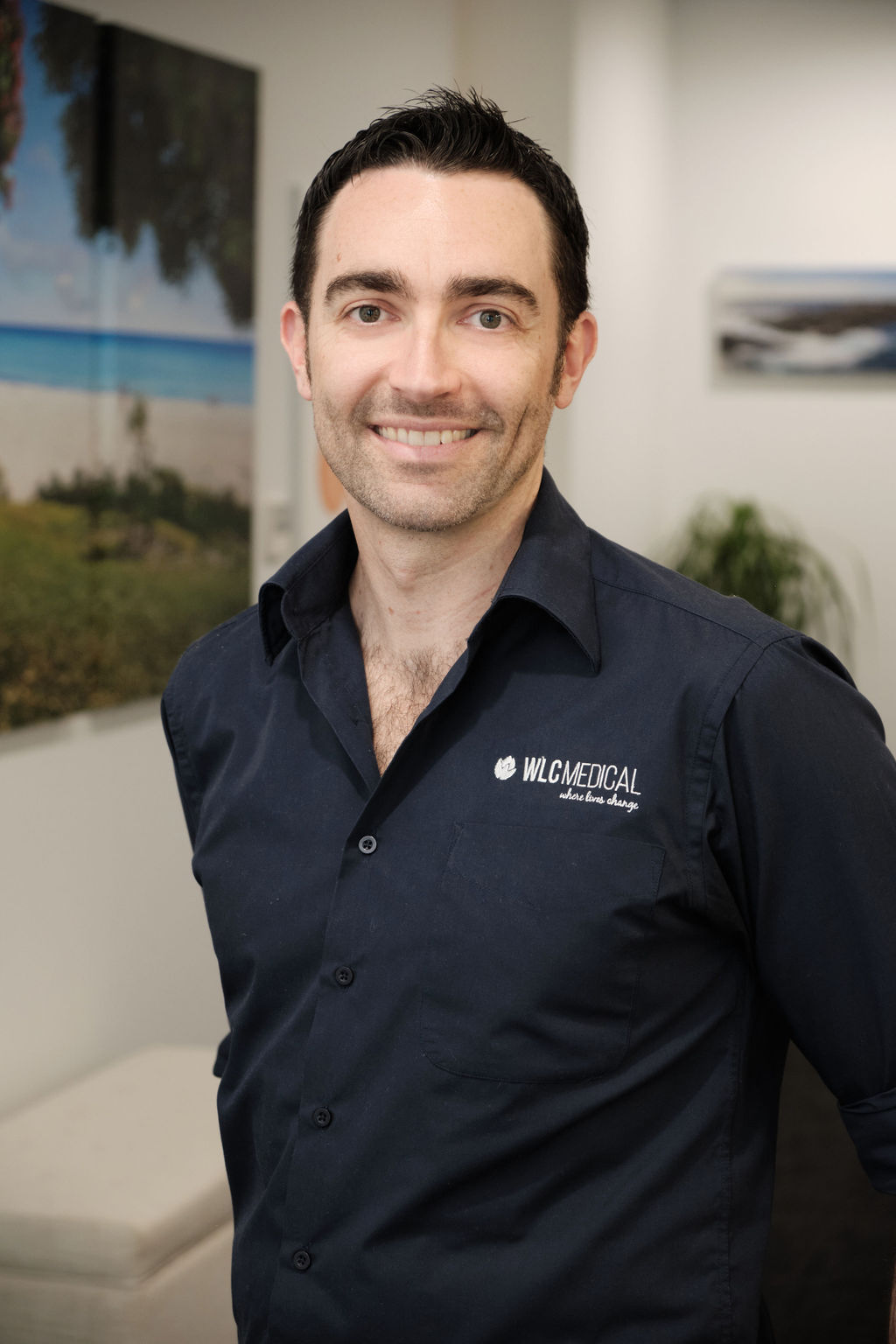Short answer: Because our bones are made mostly of collagen, they are living, growing tissue, subject to disease and deterioration, and our pain may be a signal that the normal function or structure of the bones has been affected.
Long answer:
Bone pain is an extreme tenderness, aching, or other discomfort in one or more bones. It differs from muscle aches and joint pain because it’s present whether you’re moving or not. The pain is commonly linked to diseases that affect the normal function or structure of the bone and can be caused by a wide variety of conditions, including, but not limited to:
· Osteoporosis
· Bone fracture or break
· Overuse of repetitive movement injury
· Hormone deficiency, usually due to menopause
· Infection
· Bone cancer or cancers
Bone Health Essentials
People don’t really think about their bones until something doesn’t feel right. Bones do plenty more than just keep everything in place. They provide support and structure, protect vital organs, help us move and even store essential minerals.
Almost 7 million Australians, including adults and children, suffer from painful musculoskeletal conditions such as scoliosis, sciatica, osteoporosis, rickets and poor healing fractures. Not only do these conditions cause a lot of pain for sufferers, they also cost the economy around $12.5 billion each year in treatments.
The good news is you can build and maintain healthy bones by remembering three simple things – get plenty of calcium, vitamin D and exercise.
Calcium – Your body needs calcium to make healthy bones. Bones are the main storage site of calcium in the body. As your body cannot make calcium, it gets it externally from the food you eat or from supplements. If you do not get enough through diet, or your body does not absorb enough calcium, your bones can get weak and, in the case of children, will not grow properly.
Vitamin D – Vitamin D is necessary for strong bones and muscles. Without it, our bodies cannot effectively absorb calcium. You can get your daily quota of vitamin D by spending time in the sun or, if your body does not absorb enough vitamin D, you can take a supplement.
Exercise – Because bone is living tissue, it changes over time in response to the forces placed upon it. When you exercise regularly, your bone adapts by building more bone and becoming denser. Exercise works on bones much like it works on muscles – it makes them stronger. Exercise is important for building strong bones when we are younger, and it is essential for maintaining bone strength when we are older.
Although all exercise is good for you, strengthening your bones when you are older requires weight and strength bearing exercise.
Adequate diet and exercise are essential for good bone health. Here at WLC Medical, we can assist with both – whether preventive or remedial. Our physiotherapist, who has a background in sports science and sports physiotherapy, can work collaboratively with our dietitian to ensure your treatment is both comprehensive and effective.

